Student life is a phase where a person acquires the values of hard work for better grades, discipline, punctuality, teamwork, unity and more, and where the student strives to become a prosperous and good human being. It is a period of time that shapes an individual and prepares them to face the challenges of life ahead with courage and strength. The role of the student in the classroom is crucial and active in education. They engage and interact with students and teachers, participate in class discussions, and act responsively.
As things have changed, the role of students in education has changed from facilitator to task monitor. They collect materials for learning and homework, check their study hours, return materials to their respective places after using them, and more. Developing excellent communication skills, being friendly and polite, and putting what they learn into practice are some of the main roles students play as learners in education.
What is the student’s role in the classroom?
Students play an important role in the management of their schools and classrooms. But that is not enough for them. They are expected to leave their usual ground as capable citizens and contribute to the development of the society in which they live.
The role of the student emerges when students take an active part in their learning by recognizing that they are responsible for their academic success. This manifests itself when they make choices and take actions that lead them towards their educational goal.
Certain roles and responsibilities of a student should and must be performed in school during school life time.
Just as we humans have rights and duties towards the motherland, society and our community, in the same way, the students who study in the school also have certain rights and duties which are important to respect. .
1. Meet academic expectations
Developing a creative learning environment while displaying values of teamwork and unity are among the values required to meet the academic expectations of students.
2. Be respectful and punctual
By being respectful, students contribute to a healthy learning environment and reduce distractions and disciplinary actions. They are also expected to be punctual. Being late to school develops their bad image, which can therefore have a negative impact on their grades. Thus, it is very important for them to maintain discipline in the classroom and understand time management.
3. Be in the best of behaviors
An educational environment is necessary to ensure students’ access to quality education . In any case, to exist in such conditions, they are expected to obey behavioral expectations. They should also display values such as politeness, kindness, compassion, generosity, sympathy, and respect.
4. Obey all teachers
Students should behave with respect and obedience to their teachers and other members of the school.
5. Maintain discipline in the classroom as well as at school
They must observe discipline not only at school, in the classrooms, but also everywhere else.
6. Keep the school clean
Students should always maintain the cleanliness of their books, classroom, school, home, and bedroom. They should be true, obedient and loving towards their parents and elders. They should also show love and affection towards the elementary students. And treat them all equally, with patience and kindness.
7. Follow school rules and regulations
They must go to school on time and maintain continual punctuality. Regularly attend classes on time. They must understand their moral responsibilities and their behavior towards the school and other classmates.
8. Do the assigned work on time
It’s a well-known saying/proverb: “Finish tomorrow’s tasks today, And today’s tasks now.” When would you finish them, if the world were to end in the next moment? They should learn and complete today’s task instead of leaving it for tomorrow.

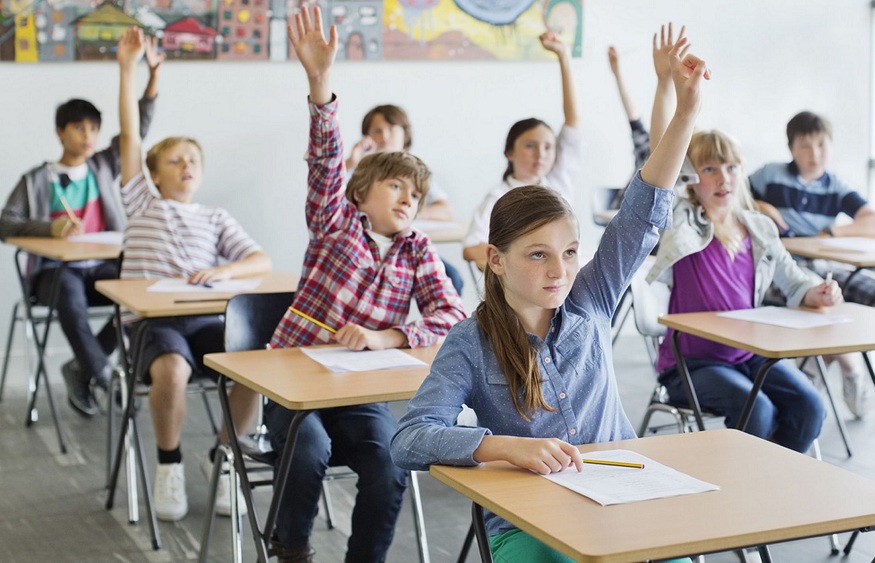

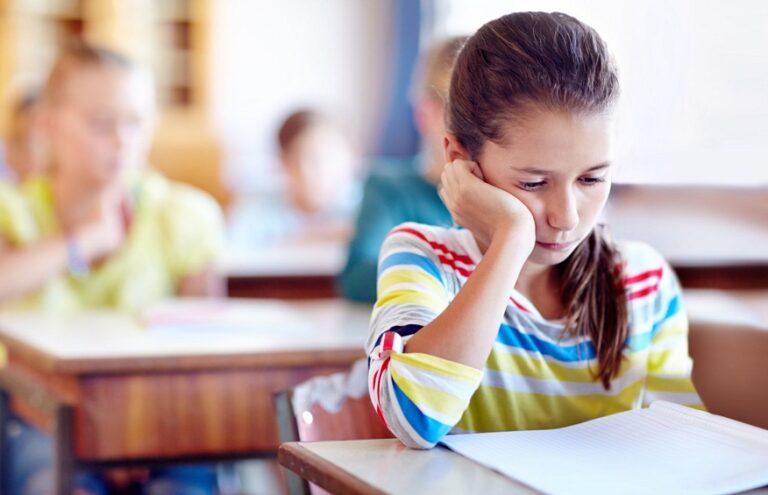
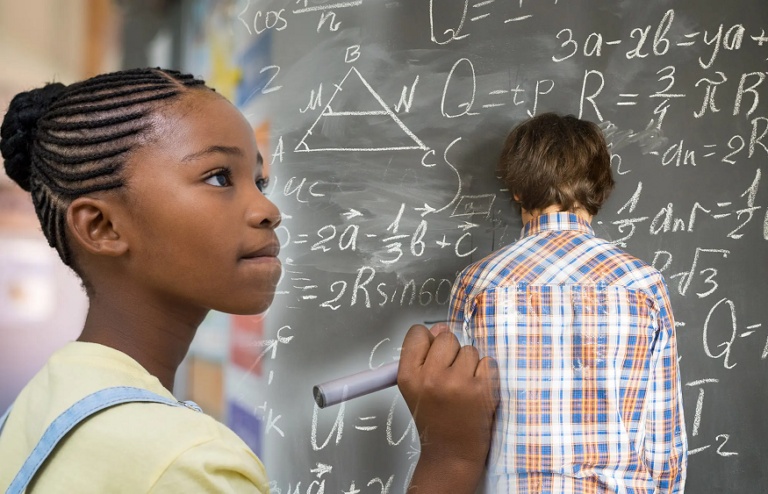

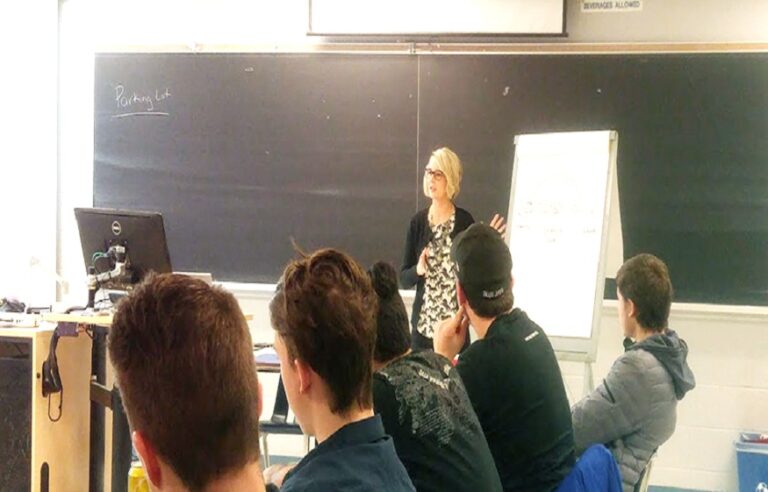




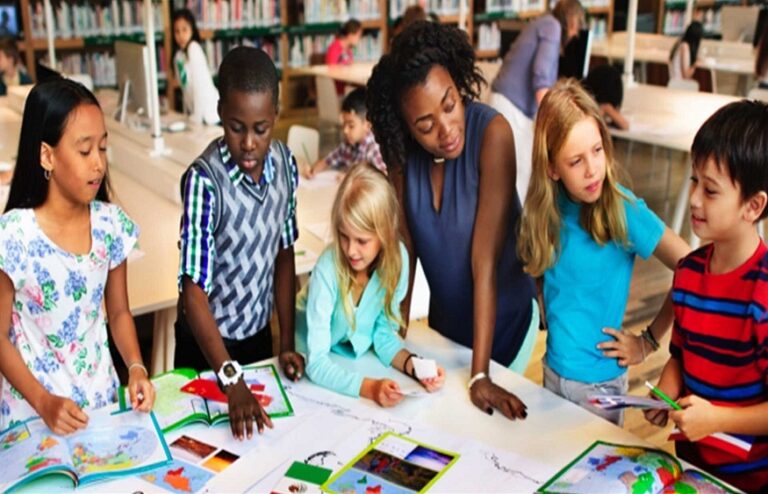

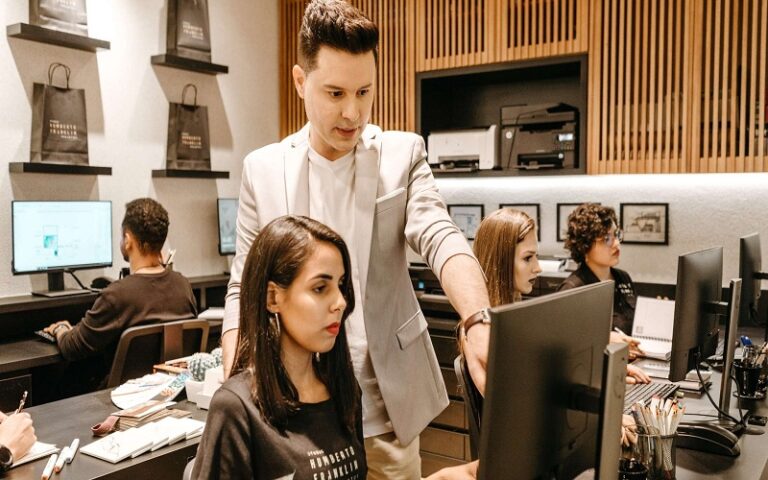
+ There are no comments
Add yours